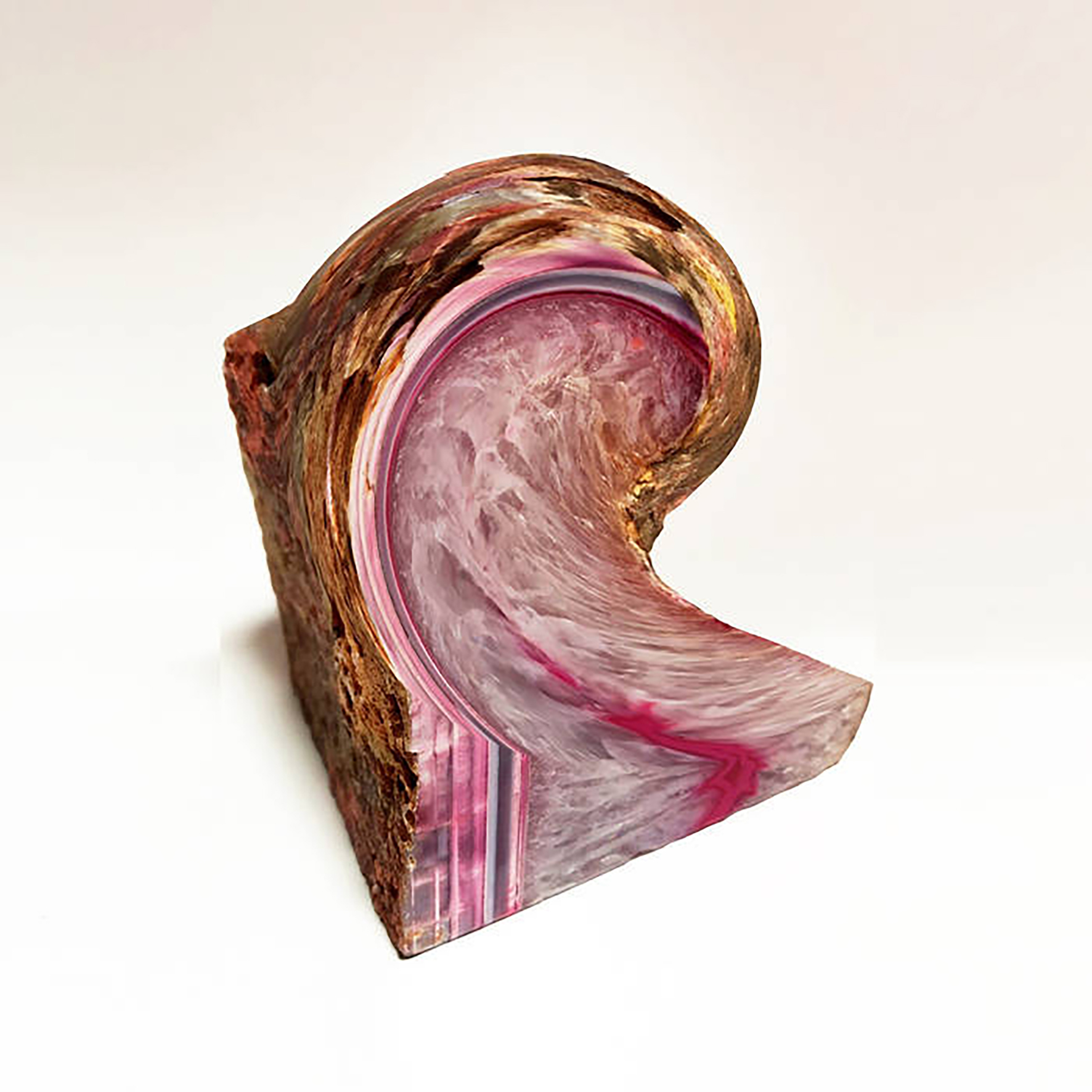
I suppose I have been probably been aware of Rrose since the project first appeared back in 2011, but the electronic music scene is teeming with hot new trends and hip new producers that come and go all the time and I lack the time and will to keep up with them all. If someone is doing something genuinely interesting, I tend to find out about it eventually and I can live with being a little late to the party. That said, there were obviously some signs that Rrose was different right from the start (the mysterious alter ego, the nod to Marcel Duchamp, etc.). It was not until she recorded a James Tenney piece, however, that I realized that this project was something considerably weirder and more ambitious than I would ever have expected. Happily, Rrose's trajectory has only gotten more unpredictable and intriguing since, arguably culminating in a recent collaboration with Charlemagne Palestine. It was her series of collaborations with Lucy (as The Lotus Eaters and otherwise) that ultimately drew me fully into Rrose's fitfully stellar discography though. Much to my delight, this debut solo full-length (after nearly a decade of EPs and collaborations) is roughly in the same vein as those Lucy collaborations, as Rrose continues to perfect her potent mix of deep bass, heavy rhythms, and warped, hallucinatory electronics.


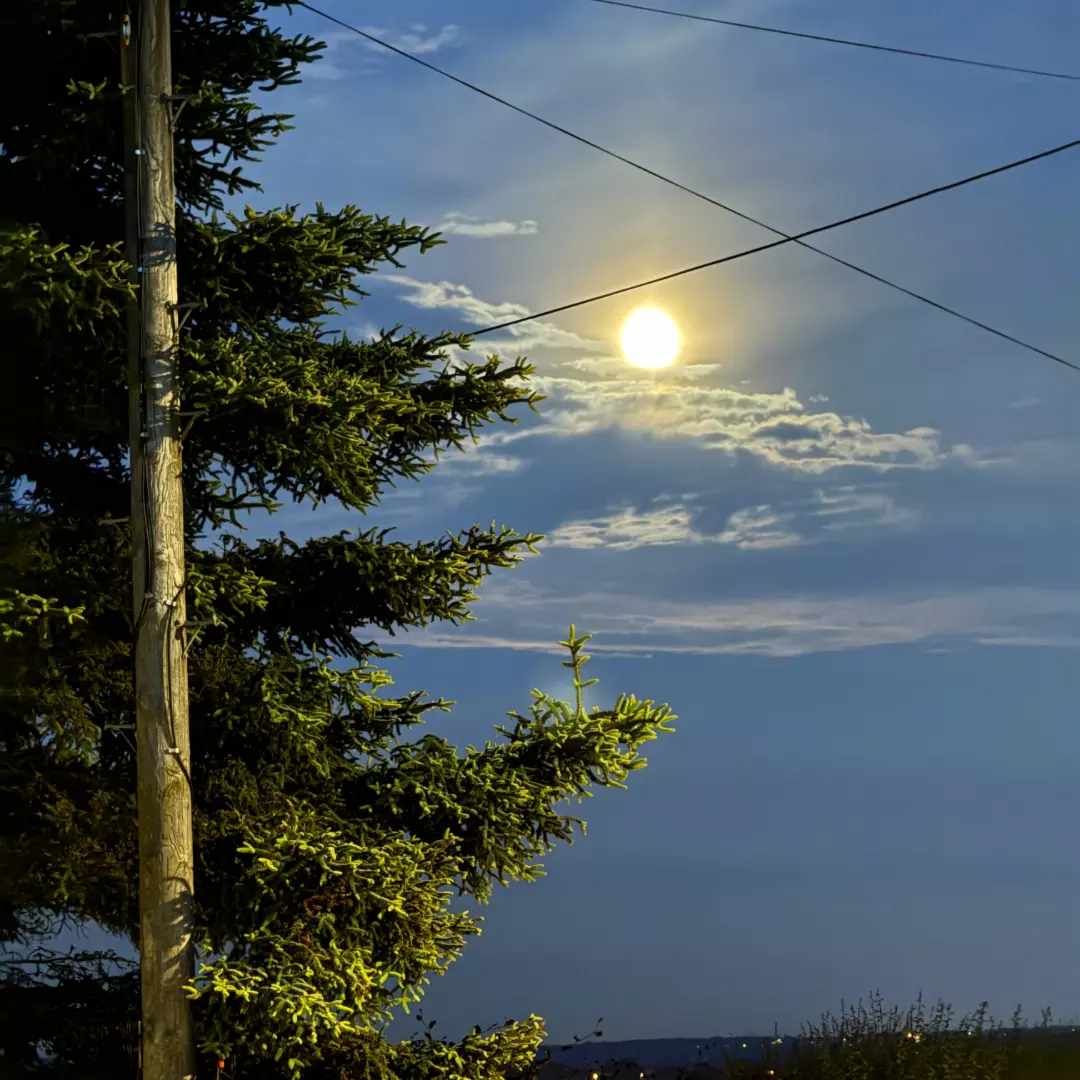

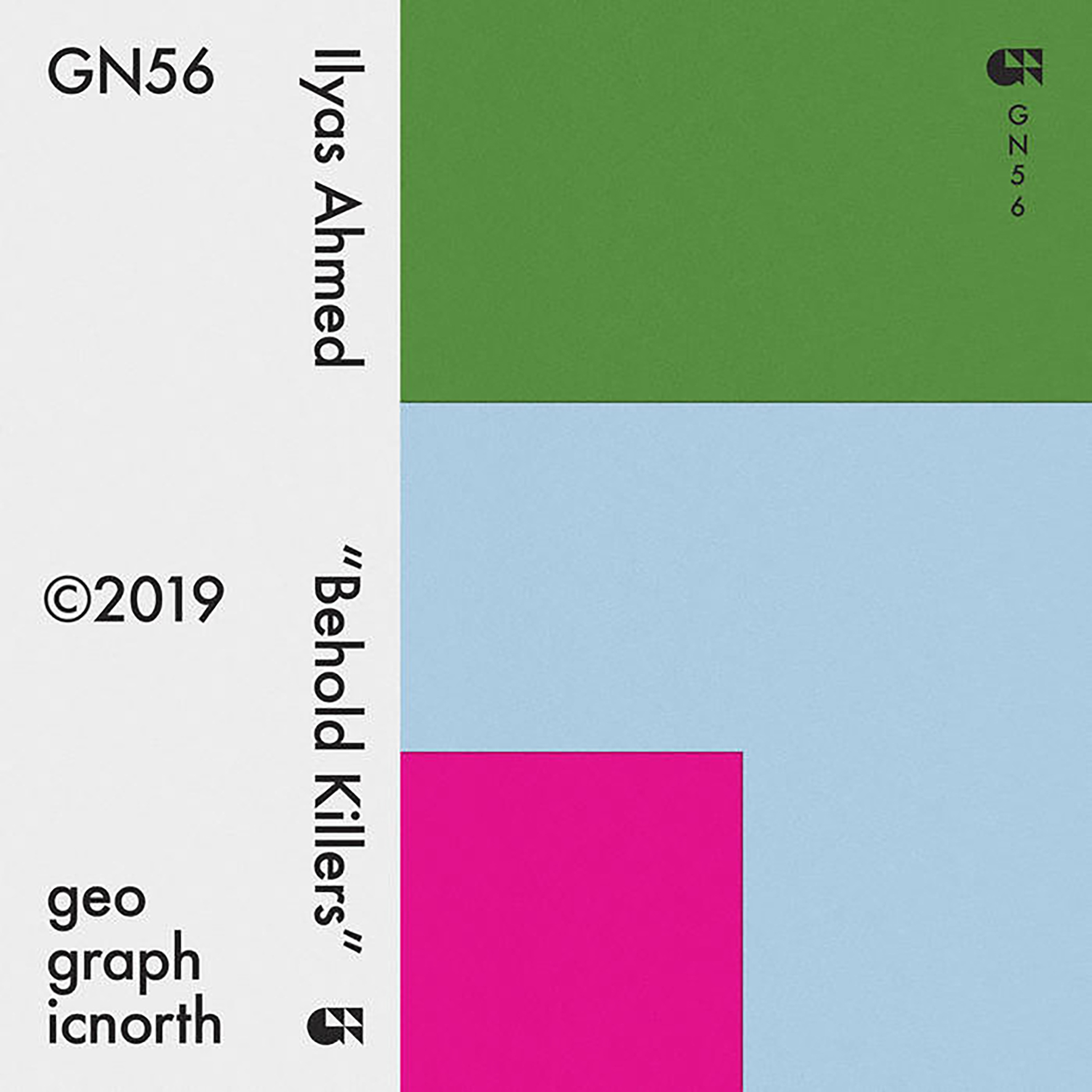 I have always found Portland’s Ilyas Ahmed to be an elusive and enigmatically unusual artist, though I have recently realized that I am basing much of that opinion on his 2005 debut (Between Two Skies). That album remains a cult favorite in some circles, as it exists in murkily melancholy and ghostly shadow realm between free folk and drone. The varied work that Ahmed has released in between that minor classic and this latest cassette has only made it more difficult to pin down his strange and shifting aesthetic, but it also feels as if no time has passed at all: Behold Killers returns once more to the blurry, diffuse gray area where structure, improvisation, drone, and experimentalism precariously coexist and bleed together. However, while the fluid approach to structure on this release is not a far cry from Ahmed's early days, the execution has improved considerably, as Behold Killers explore far warmer and more nuanced emotional territory than much of his previous work. I still find some elements of the album perplexing, of course, but it is anchored by a couple of excellent longform pieces.
I have always found Portland’s Ilyas Ahmed to be an elusive and enigmatically unusual artist, though I have recently realized that I am basing much of that opinion on his 2005 debut (Between Two Skies). That album remains a cult favorite in some circles, as it exists in murkily melancholy and ghostly shadow realm between free folk and drone. The varied work that Ahmed has released in between that minor classic and this latest cassette has only made it more difficult to pin down his strange and shifting aesthetic, but it also feels as if no time has passed at all: Behold Killers returns once more to the blurry, diffuse gray area where structure, improvisation, drone, and experimentalism precariously coexist and bleed together. However, while the fluid approach to structure on this release is not a far cry from Ahmed's early days, the execution has improved considerably, as Behold Killers explore far warmer and more nuanced emotional territory than much of his previous work. I still find some elements of the album perplexing, of course, but it is anchored by a couple of excellent longform pieces. This latest release from Sean McCann picks up right where 2018's excellent Saccharine Scores left off, striking a lovely balance between stretched, blurred, and fragmented orchestral music and distracted, surreal snatches of spoken word. In the best way, McCann's recent work feels like eavesdropping on his subconconcious mind (though it is thankfully a subconscious mind with all of the boring bits edited out). Much like its predecessor, Puck is a series of warmly beautiful reveries swirling with mental detritus that feels meaningful, yet those impressions elude any connections or context that might illuminate what that meaning possibly could be. As a result, Puck is frequently quite moving in a profoundly ineffable way. McCann proves himself to be remarkably adept at mimicking how memory works, as we do not get to choose what lingers and what disappears: mundane scenes, fleeting impressions, and legitimately important moments all jumble together in a weird stew and there is no predicting what will bubble up to the surface next (or why). In lesser hands, an album in this vein would probably feel like a self-conscious attempt to blow my mind with wild surrealist juxtapositions, but McCann largely gets the tone and the execution exactly right: Puck is a beautifully casual, organic, fragile, and intimate album. It is quite possibly McCann's best as well.
This latest release from Sean McCann picks up right where 2018's excellent Saccharine Scores left off, striking a lovely balance between stretched, blurred, and fragmented orchestral music and distracted, surreal snatches of spoken word. In the best way, McCann's recent work feels like eavesdropping on his subconconcious mind (though it is thankfully a subconscious mind with all of the boring bits edited out). Much like its predecessor, Puck is a series of warmly beautiful reveries swirling with mental detritus that feels meaningful, yet those impressions elude any connections or context that might illuminate what that meaning possibly could be. As a result, Puck is frequently quite moving in a profoundly ineffable way. McCann proves himself to be remarkably adept at mimicking how memory works, as we do not get to choose what lingers and what disappears: mundane scenes, fleeting impressions, and legitimately important moments all jumble together in a weird stew and there is no predicting what will bubble up to the surface next (or why). In lesser hands, an album in this vein would probably feel like a self-conscious attempt to blow my mind with wild surrealist juxtapositions, but McCann largely gets the tone and the execution exactly right: Puck is a beautifully casual, organic, fragile, and intimate album. It is quite possibly McCann's best as well.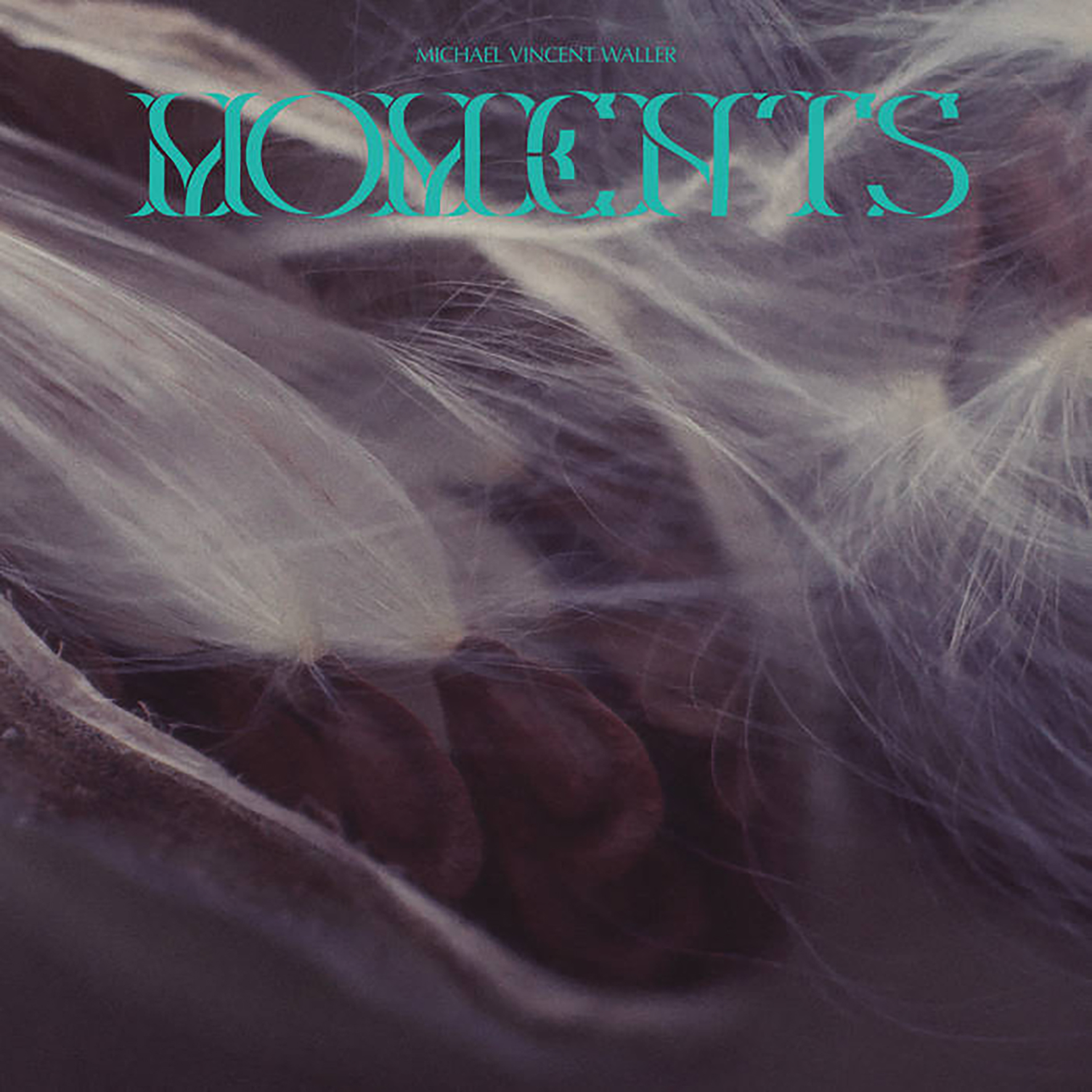 This NYC-based composer has long been a bit of a curious enigma to me, as he seems to travel primarily in experimental music circles, yet seems unwaveringly devoted to making very traditional and melodic classical music. In a quietly subversive way, however, composing simple, elegantly lovely piano pieces in 2019 is a radical act in its own right. That is where Waller (mostly) arrives on Moments, his third album and most minimal, distilled statement to date. That approach suits him well, though I am not necessarily sure he needed go more minimal than he did with 2017’s excellent cello/piano album Trajectories (released on Sean McCann’s always interesting Recital Program imprint). To some degree, Moments feels less like complete statement than its predecessor, resembling instead a kind of expertly curated mixtape of different piano composers unified by a knack for lyrical melodies and a sort of warm, wistful Romanticism. Some are among the most beautiful pieces that Waller has composed to date though, which makes Moments akin to a strong (if improbable) "singles album" of sorts. At times, it also feels like the beginnings of a major creative leap forward.
This NYC-based composer has long been a bit of a curious enigma to me, as he seems to travel primarily in experimental music circles, yet seems unwaveringly devoted to making very traditional and melodic classical music. In a quietly subversive way, however, composing simple, elegantly lovely piano pieces in 2019 is a radical act in its own right. That is where Waller (mostly) arrives on Moments, his third album and most minimal, distilled statement to date. That approach suits him well, though I am not necessarily sure he needed go more minimal than he did with 2017’s excellent cello/piano album Trajectories (released on Sean McCann’s always interesting Recital Program imprint). To some degree, Moments feels less like complete statement than its predecessor, resembling instead a kind of expertly curated mixtape of different piano composers unified by a knack for lyrical melodies and a sort of warm, wistful Romanticism. Some are among the most beautiful pieces that Waller has composed to date though, which makes Moments akin to a strong (if improbable) "singles album" of sorts. At times, it also feels like the beginnings of a major creative leap forward.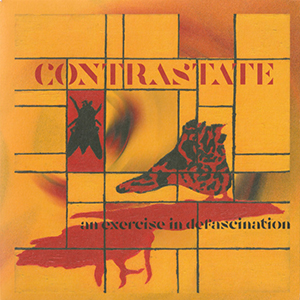 Functioning as a preview for a work-in-progress record, the two songs that make up An Exercise in Defascination (which will appear as different mixes on the album proper upon its completion) herald the theme of deconstructing giallo films that will appear there. Drawing from film soundtracks, as well as the overall themes of that specific style of horror film, Contrastate distill those very essences into a brief teaser of terror and surrealism perfectly.
Functioning as a preview for a work-in-progress record, the two songs that make up An Exercise in Defascination (which will appear as different mixes on the album proper upon its completion) herald the theme of deconstructing giallo films that will appear there. Drawing from film soundtracks, as well as the overall themes of that specific style of horror film, Contrastate distill those very essences into a brief teaser of terror and surrealism perfectly.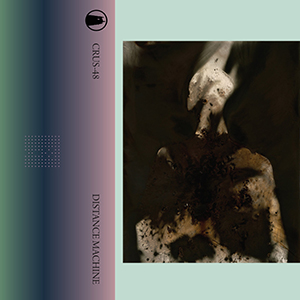 As Gog, Michael Bjella has developed a rather expansive catalog of bleak, heavy music, largely centered around guitar, noise, and extremely dark moods. On 2015’s collaborative record with Robert Skrzyński, Black Box Recordings, he shifted his focus to more abstract, noisier fronts. For his debut release as Distance Machine, he has mixed up the plans a bit more. Things are still oppressively dark for the most part but in a subtler, ambient context that reference classic works of the style while still showing Bjella’s own spin on it.
As Gog, Michael Bjella has developed a rather expansive catalog of bleak, heavy music, largely centered around guitar, noise, and extremely dark moods. On 2015’s collaborative record with Robert Skrzyński, Black Box Recordings, he shifted his focus to more abstract, noisier fronts. For his debut release as Distance Machine, he has mixed up the plans a bit more. Things are still oppressively dark for the most part but in a subtler, ambient context that reference classic works of the style while still showing Bjella’s own spin on it.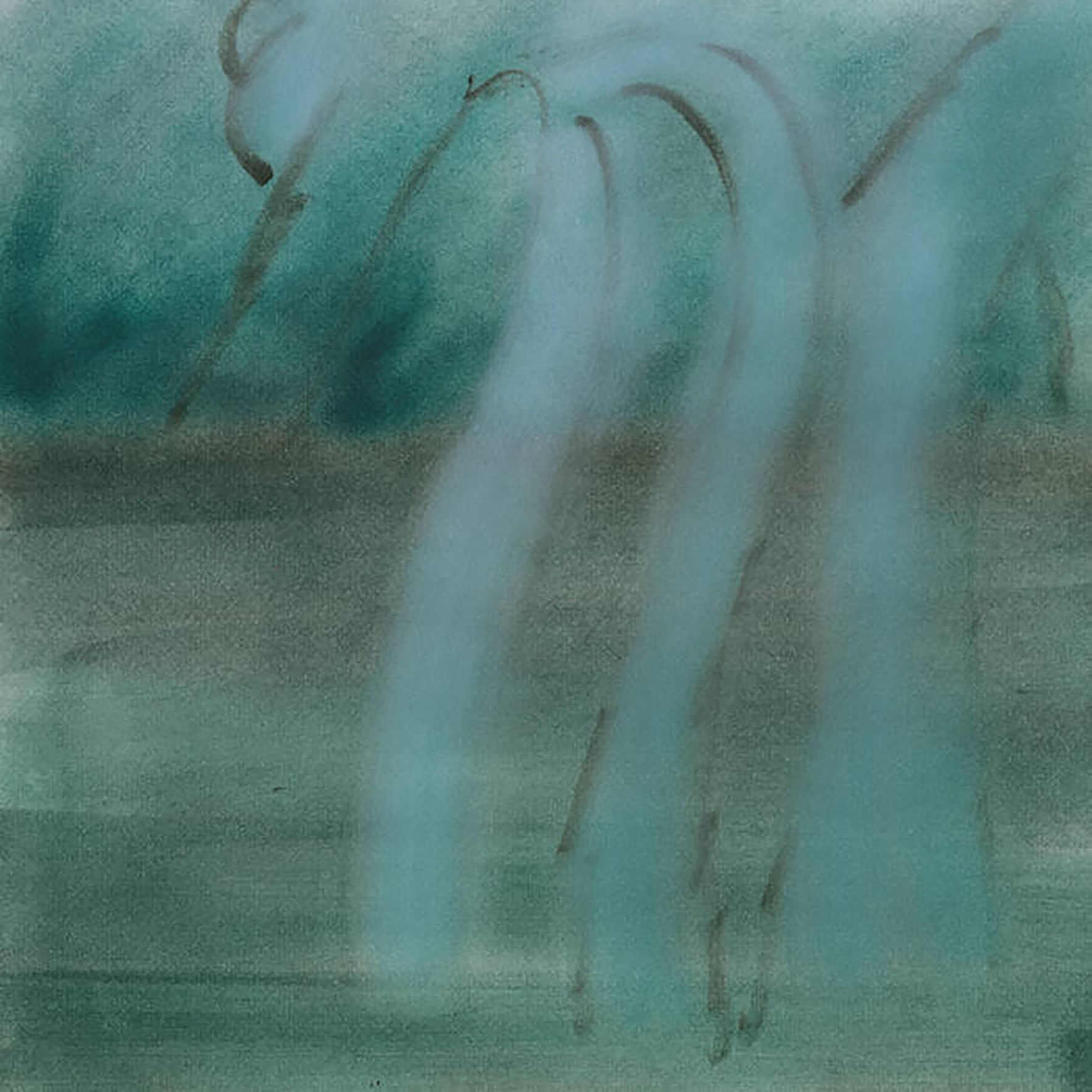 The Students of Decay label has had an impressive run of being way ahead of the curve over the years, as Alex Cobb’s imprint was responsible for the first major US releases from artists like Sarah Davachi and Natural Snow Buildings. The latest artist to be welcomed into that pantheon is Sante Fe-based composer Theodore Cale Schafer, making his vinyl debut after a handful of cassette releases and a very bizarre spoken word/conceptual album on Spain's Angoisse label. Cobb describes the album as "diaristic" and prioritizing "spontaneity and ephemerality," which seems as apt a description of Schafer's fragile, hiss-soaked vignettes as any, as the aesthetic of Patience is definitely an elusive and impressionistic one. When Schafer hits the mark just right, however, the results are strikingly beautiful, achieving a rare balance of simplicity, intimacy, and soft-focus unreality.
The Students of Decay label has had an impressive run of being way ahead of the curve over the years, as Alex Cobb’s imprint was responsible for the first major US releases from artists like Sarah Davachi and Natural Snow Buildings. The latest artist to be welcomed into that pantheon is Sante Fe-based composer Theodore Cale Schafer, making his vinyl debut after a handful of cassette releases and a very bizarre spoken word/conceptual album on Spain's Angoisse label. Cobb describes the album as "diaristic" and prioritizing "spontaneity and ephemerality," which seems as apt a description of Schafer's fragile, hiss-soaked vignettes as any, as the aesthetic of Patience is definitely an elusive and impressionistic one. When Schafer hits the mark just right, however, the results are strikingly beautiful, achieving a rare balance of simplicity, intimacy, and soft-focus unreality.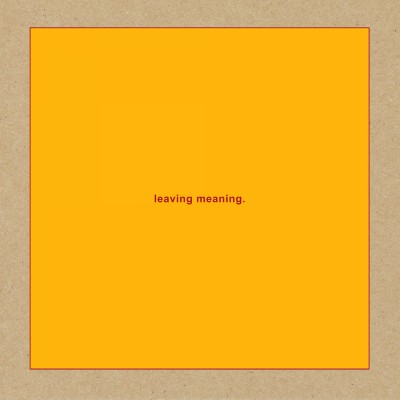 Michael Gira may have announced that Leaving Meaning would feature Swans continuing in a different form after closing the book on The Glowing Man in 2016. The change has been comparably more subtle than the stylistic shifts of the band throughout their nearly 40 year career, but the progress is distinct. This record draws not only from the recent albums, but also Gira's work with the interim Angels of Light project as well. The album is the perfect blend of the past and the recent, but looks direction to the future as well.
Michael Gira may have announced that Leaving Meaning would feature Swans continuing in a different form after closing the book on The Glowing Man in 2016. The change has been comparably more subtle than the stylistic shifts of the band throughout their nearly 40 year career, but the progress is distinct. This record draws not only from the recent albums, but also Gira's work with the interim Angels of Light project as well. The album is the perfect blend of the past and the recent, but looks direction to the future as well.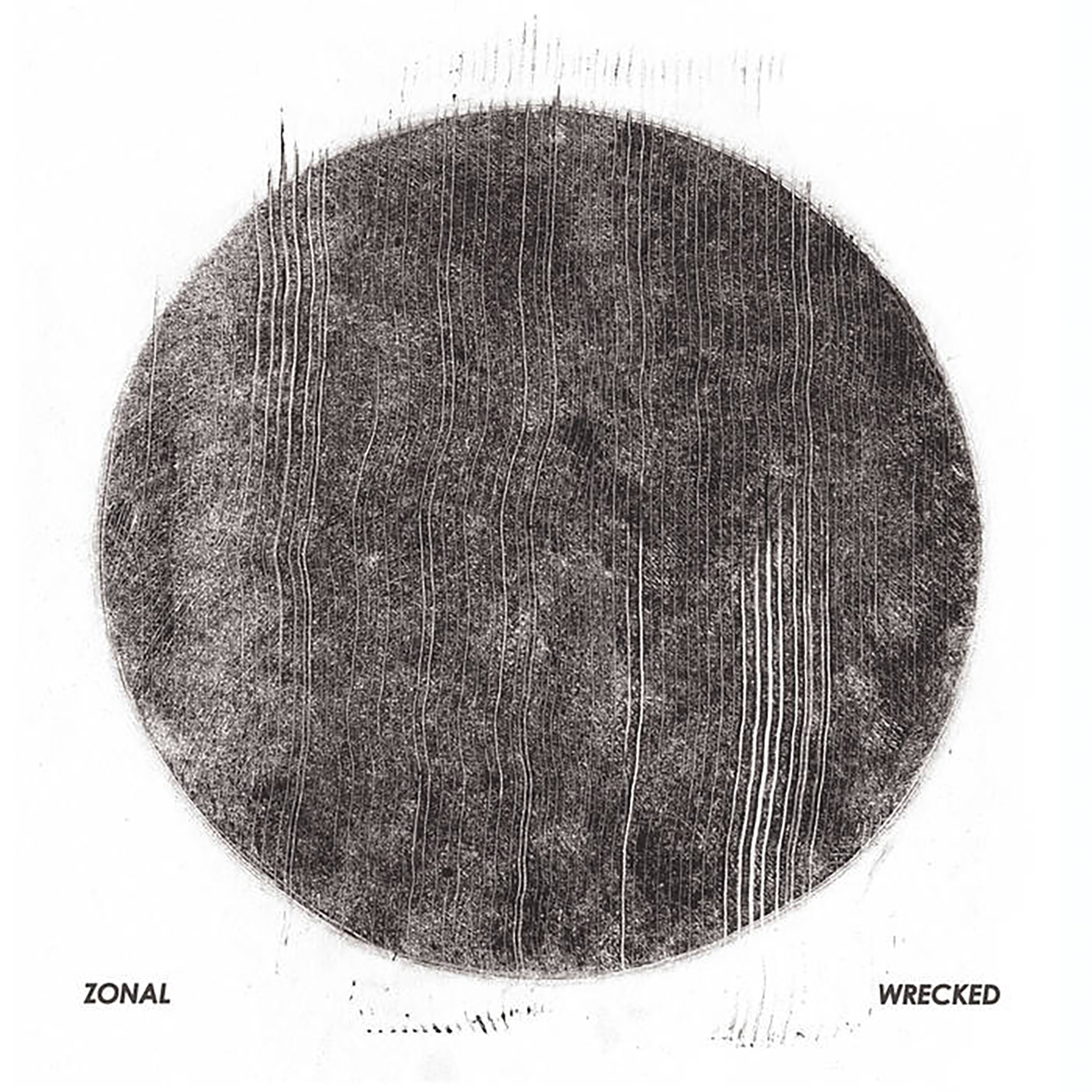 Justin Broadrick and Kevin Martin founded Zonal in 2000 and, other than a very limited CDR release, saw the project falling by the wayside, surely impacted by the collapse of Broadrick’s Godflesh a few years later. During this time Martin reconfigured his solo project The Bug into a blown out dancehall/dub/grime project, collaborating with a multitude of different MCs and vocalists. However, the two decided to reactivate Zonal to specifically pick up where Techno Animal left off with 2001’s The Brotherhood of the Bomb. That lineage is clearly heard via the distorted beats and processed synths, and with vocalist Moor Mother joining them for the first half, it culminates into a brilliant and fresh, yet familiar sound that stands strong with any of the duo’s previous collaborations.
Justin Broadrick and Kevin Martin founded Zonal in 2000 and, other than a very limited CDR release, saw the project falling by the wayside, surely impacted by the collapse of Broadrick’s Godflesh a few years later. During this time Martin reconfigured his solo project The Bug into a blown out dancehall/dub/grime project, collaborating with a multitude of different MCs and vocalists. However, the two decided to reactivate Zonal to specifically pick up where Techno Animal left off with 2001’s The Brotherhood of the Bomb. That lineage is clearly heard via the distorted beats and processed synths, and with vocalist Moor Mother joining them for the first half, it culminates into a brilliant and fresh, yet familiar sound that stands strong with any of the duo’s previous collaborations.
